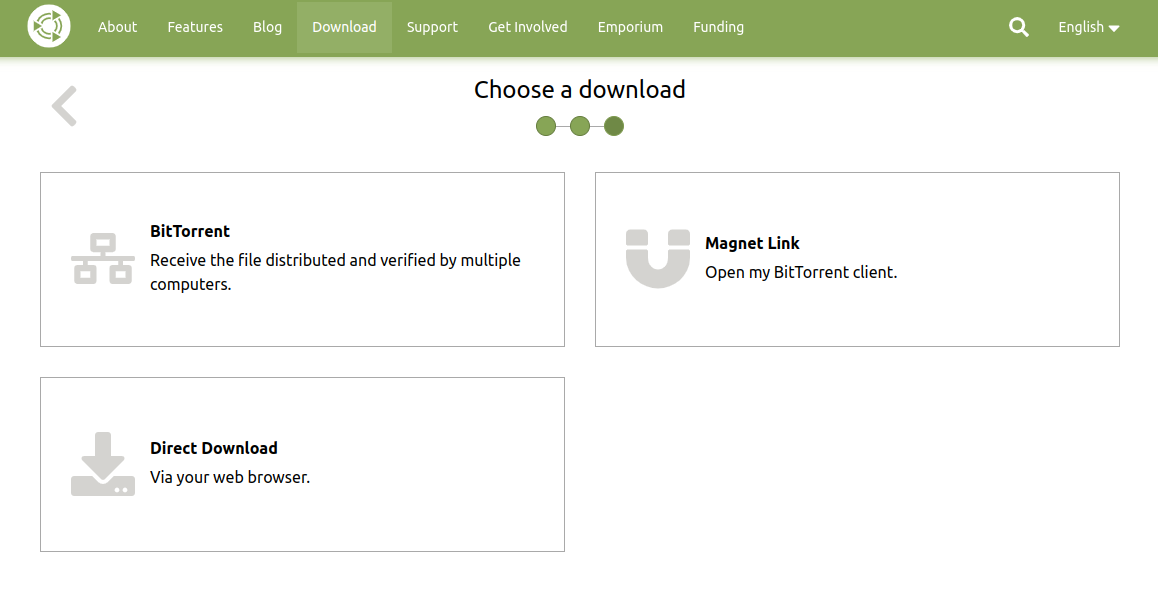How Can Linux Be Free?
I often get asked some form of this question: I want to use Linux but it's free and I've heard, "'Free' is not a viable business model." How can I put my trust in a Linux operating system if the developers don't charge for it?

For-profit organizations like Microsoft and Apple obviously have revenue generating business models selling expensive hardware and software. They also have product support models that make their free offerings not only viable but difficult to kill without warning. By the way, although it comes bundled with your computer hardware, Windows is not a full-featured and free product. Google, on the other hand, has a solid business model built on advertising that it can use to support the products it gives away, but it has demonstrated that it is willing to kill any product or service at any time. This has given rise to the fear that whatever is free (especially from Google) will eventually disappear. This is illustrated by the list of free products that Google has killed.
So, free products and services are not unusual. In fact, organizations with solid business models give things away for free all the time. Let's assume that an organization's product or service is substantial and offers real value to its users. Offering products and services for free becomes a financial problem when the developer has no other revenue source to support the free product.
Most successful Linux distributions and open-source projects do have revenue models to support the operating systems they provide for free. Here are four examples:
- Ubuntu's parent, Canonical, generates its stream of revenue from the sale of technical support and other Ubuntu-related services it sells through the formation of contracts with its customers.
- Red Hat (parent: IBM) sells subscriptions for the support, training, and integration services that help customers in using their open-source software products. Customers pay a set fee for up to 24/7 support and unlimited access to services such as the Red Hat Network.
- SUSE also generates revenue by offering support and services that the company sells, to the enterprises using the open-source technologies developed by SUSE developers.
- System76 supports its Linux distribution, Pop_OS, through sales of its computer hardware and accessory products.
Linux is not going away
Here are a few of the other assurances built into the Linux model that will provide longevity, whether you are an individual user of Linux at work and home, or a corporation building upon Linux as your preferred operating system for your users.
- The developers of Linux and open source applications are distributed amongst many corporations as well as individual developers. They are supporting these projects because they love the product and many are using the products themselves and are motivated to improve the products they use. You might say that as long as Linux has users, it has developers.
- Most of the computers that run the Internet run on Linux, so it is unlikely that the operating system will go away without having a disastrous impact on the many industries that rely on the Internet to enable their businesses.
- The open source development model allows projects to be extended or even forked at any time so development and support will continue even if an individual or corporate developer drops out. For example, Ubuntu has many flavors and derivatives: Ubuntu (Gnome), Ubuntu MATE, Ubuntu Budgie, Ubuntu Studio, Kubuntu, Lubuntu, Xubuntu, etc.
Linux operating systems provide significant value to their users
My preferred version of Linux for personal use is Ubuntu MATE and here are some of the reasons I believe that this free operating system and the free applications it runs are not just 'good' but they offer even more value than commercial alternatives.
You may have been attracted to Linux because it is free and you can run it on almost any computer hardware, or maybe you want to keep your older computer running despite lack of support from Microsoft, Google, or Apple. But I bet you'll continue to use Ubuntu MATE Linux because it is much like your previous computer's software, only better. By "better" I mean that it provides a modern but familiar user experience, it is easy to understand and use, it's designed with security built-in and with protection from viruses and spyware included. When you decide to continue using it after you've tried it, I know you will want to have all of those features included and upgradeable at no additional charge. Of course you'll want it all to "just work" with minimal or no maintenance -- automatic security updates and software upgrades for both the operating system and all of your installed applications. I'm sure you don't mind paying for software, but I suspect that you prefer the "try before you buy" philosophy. Ubuntu MATE gives you all of that and more!
While I often recommend Ubuntu MATE for users who are migrating from Windows, macOS, or ChromeOS, it is also an excellent choice for any kind of computer user, from casual home user to professional software developer. That's because of its beautiful, modern, and functionally thought-out design. Ubuntu MATE is capable enough for even the most experienced computer user because, well, it's Linux! It has the power of every other Linux distribution built-in. Simply put, it provides a powerful and practical alternative to other software that can run on your computer.
Your computer should work for you, not the other way around
Perhaps out of frustration you'd rather spend a little time to learn how to personalize Ubuntu MATE than hunt down one more expensive app, Windows hack, or Apple workaround to prevent your computer from doing things you don't want it to be doing. Maybe you just want to use your computer to get things done without advertising or interruption. Maybe you believe your computer should be doing work for you, and not the other way around. Ubuntu MATE is designed to make all of that a reality!
When you try Ubuntu MATE, you'll find that it is a free, full-featured, and modern computer operating system, with an attractive and easy to understand user interface. Its update manager keeps both the operating system itself and all of its installed applications updated to the most current, most secure release. Ubuntu MATE is more secure and better-supported than operating systems that come preinstalled on most personal computer hardware today. With modest hardware requirements, Ubuntu MATE is suitable for modern workstations and laptops, single board computers, and older hardware alike. Ubuntu MATE makes modern computers fast and old computers usable.
Using Ubuntu MATE provides you with the freedom to run a complete, full-featured operating system, pre-configured with most, if not all, of the applications you will need for your daily computing. Or you can change anything about the way it looks, the way it works, or the applications it runs to suit your taste.
Ubuntu MATE is designed with security in mind. Unlike operating systems that update only once a month, Ubuntu MATE keeps you safe and secure by receiving updates continuously. The easy updates include security patches for Ubuntu MATE and all of its components. Security updates for its installed applications are also provided on the same schedule. This ensures that you have the latest protection for all of your computer's software as soon as it's available and for as long as you keep it up to date!
Not everything that's free is bad
The awareness, popularity, and use of Linux has been increasing steadily. It is an alternative to Windows, macOS, and Chrome OS that is familiar, dependable, secure, capable, and modern software. Once you have discovered it, you will want to apply what you already know about using your computer and try the Linux operating system. Yes, Linux is free and the vast majority of applications for Linux are too. Free software doesn't need to have a price tag to be a dependably long-term solution for you and to provide even more value to you than that expensive software you are using now. Like Linux and its applications, software provided for free simply needs another source of revenue to support it.

